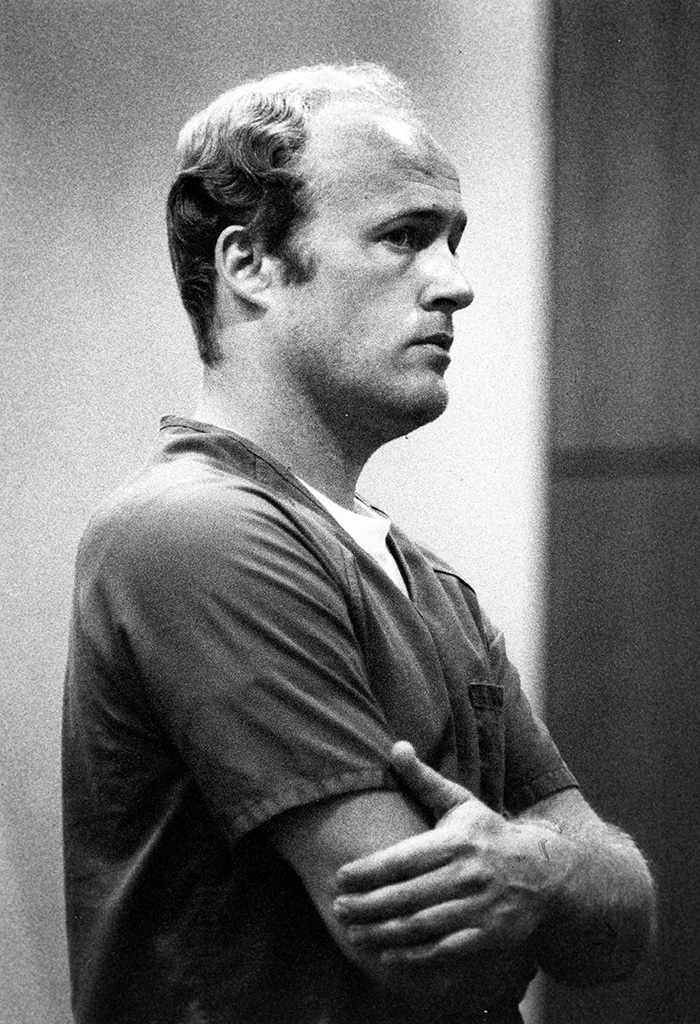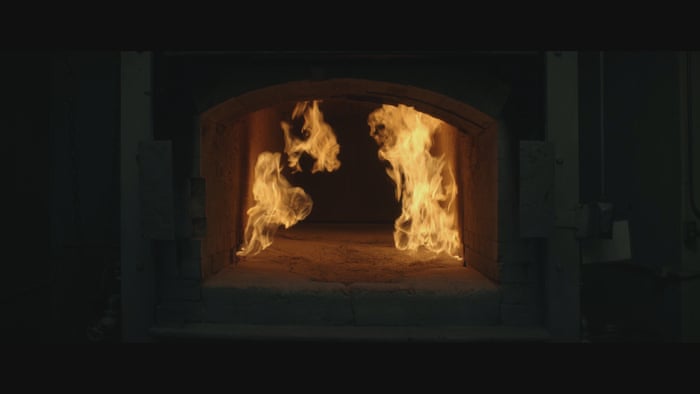The story of David Sconce, the man infamously labeled the “Cremation King of California,” has once again gripped the public after HBO’s chilling new documentary The Mortician pulled back the curtain on one of the most shocking crime sagas in the state’s history. Sconce didn’t just run a cremation business — he built a criminal empire, fueled by greed, cruelty, and a terrifying disregard for human dignity.

It all began in the late 1980s, when investigators uncovered a remote California desert warehouse filled with the charred remains of bodies — victims not of foul play, but of Sconce’s grotesque shortcuts. As the heir to the family-operated Lamb Funeral Home, Sconce transformed the modest business into Coastal Cremations Inc., a cremation factory that offered bottom-of-the-market prices and quickly seized control of the industry.
But the secret behind his success was horrifying.
Sconce and his employees routinely crammed multiple bodies into a single oven, sometimes as many as eight at once, violating every ethical and legal standard in the funeral industry. Workers reported scenes straight out of a nightmare: bodies stacked like logs, gold teeth yanked from mouths, organs harvested for cash, and ashes returned to families that didn’t belong to their loved ones.

What began as cost-cutting became a criminal enterprise, complete with intimidation tactics, threats, and violence aimed at competitors. By the late ’80s, Sconce wasn’t just running a business — he was running what prosecutors later described as a cremation cartel.
His downfall came in 1989, when a sweeping investigation uncovered the full scope of his crimes. Sconce pleaded guilty to multiple charges, serving a five-year prison sentence. But even after release, he couldn’t stay out of trouble. He racked up bizarre criminal incidents — everything from a bus coupon fraud scheme to possession of a stolen rifle — eventually earning a 25-to-life sentence in 2013.

Yet in another twist, Sconce was quietly released in 2023, fueling new outrage and renewed scrutiny.
HBO’s documentary raises unsettling questions about whether Sconce’s crimes were even darker than originally proven. Several morticians who challenged him died under suspicious circumstances, prompting speculation about the true extent of his violence. While Sconce denies involvement, the shadows surrounding those deaths refuse to fade.

California has since strengthened funeral-industry regulations, but the scars left by Sconce’s reign of terror run deep. His story is a chilling reminder of how easily trust can be betrayed — and how many secrets can be hidden within the ashes.
And as the documentary brings new light to his past, one question lingers louder than ever:
What else has David Sconce taken to the grave?





